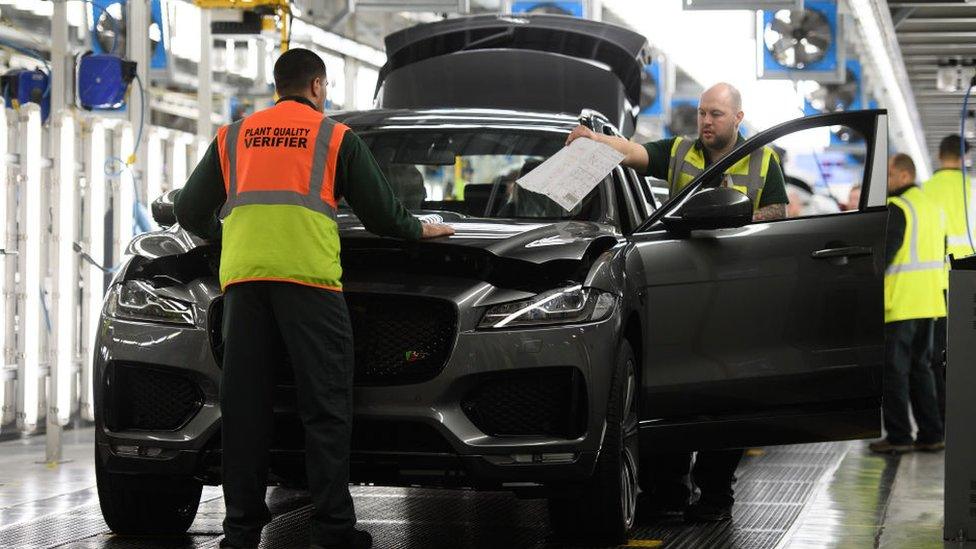Car maker unveils £250m electric vehicle test lab
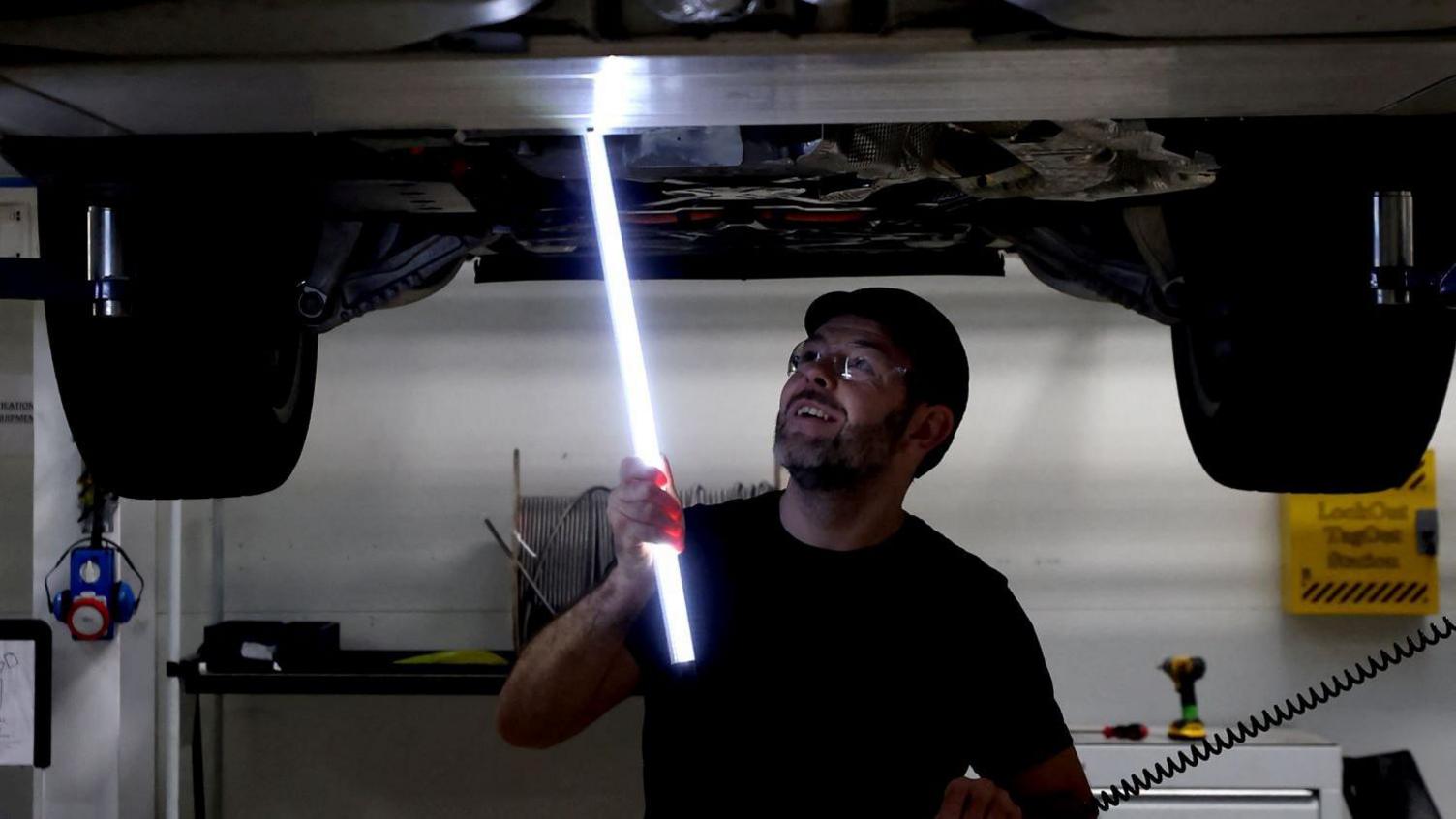
More than 200 engineers already work at the site
At a glance
JLR unveils a new £250m test facility for pure electric models
The lab in Coventry is another "jewel in the crown" in JLR's move towards an all-electric future, a chief engineer has said
The facility has led to the creation of 350 jobs, with more to come, according to the company
JLR has said it plans a further £22m of investment next year as it continues to upgrade the Coventry site
- Published
Jaguar Land Rover has unveiled a new £250m test facility as part of plans for its "next generation" of pure electric models.
The car maker said the Future Energy Lab at its engineering centre in Whitley, Coventry, had key innovations enabling the rapid testing of electric vehicles (EVs).
The lab is developing Electric Drive Units for JLR's electric Range Rover, Defender, Discovery and Jaguar models.
More than 200 EV engineers were already working at the facility, JLR said, with a further 150 roles being created, providing a "significant employment boost" to the region.
'Jewel in crown'
The move is part of a £15bn global investment by the car giant in electric vehicles over the next five years.
And it would "significantly increase JLR’s test and development capacity", the firm said.
“Our operations at Whitley are at the heart of JLR – itself a leading business in the local community – so this test facility is another jewel in the crown of our move towards an all-electric future," said Oliver Boakes, chief engineer at Powertrain test operations at JLR.
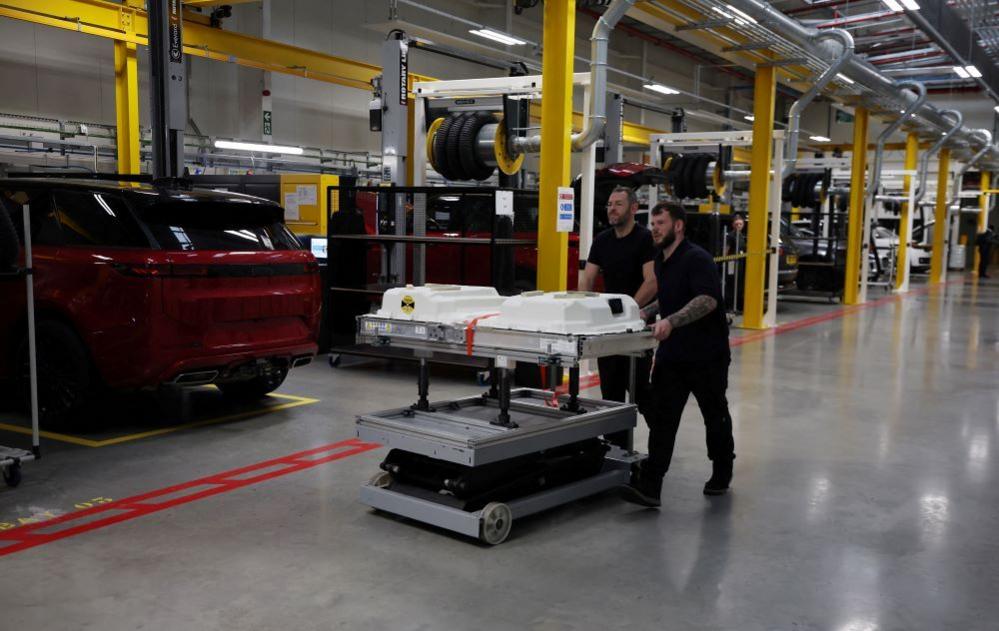
JLR says testing on site reduces costs and emissions associated with sending prototypes around the world
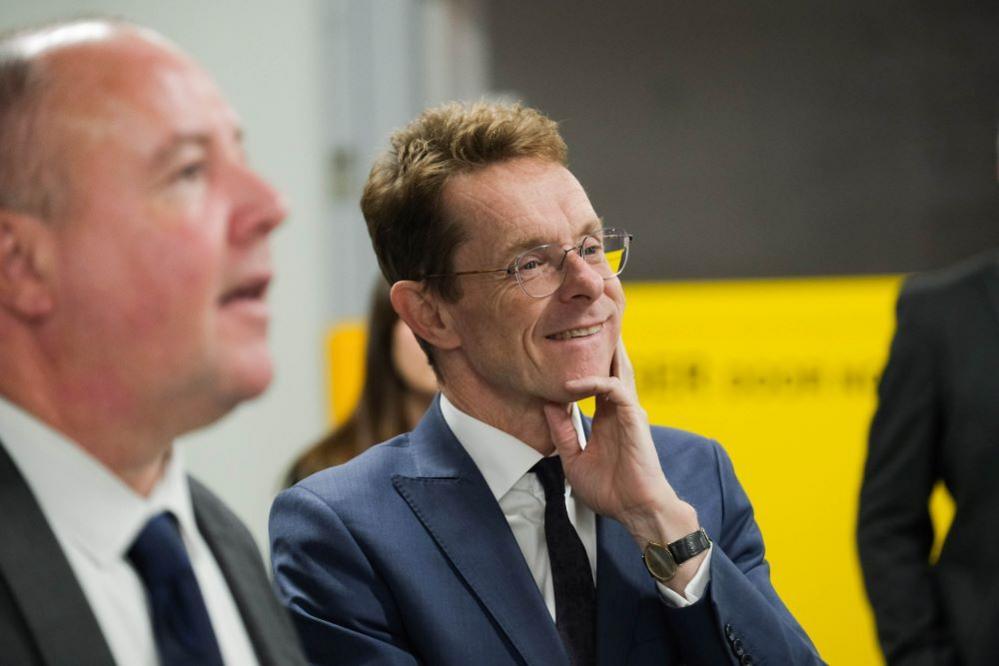
West Midlands mayor Andy Street (right) who attended the unveiling, said local people would gain skills and employment opportunities from the lab
The 323,000 sq ft facility hosted more than £40m of technological innovations, said JLR.
Its next EV, the Range Rover BEV, was undergoing "hundreds of thousands" of tests on rigs at the site, it added.
The model is due to be on the streets next year, with JLR planning to launch eight other electric luxury models by 2030.
The UK had been set for a 2030 ban on new petrol cars, but last month the prime minister announced a decision to extend that deadline and other net zero goals.
He said concerns over financial burdens on the consumer were behind the move, adding choice should rest with them rather than the government. Critics of the plan, meanwhile, said taking longer to reach net zero would damage business confidence and set the UK back in terms of investment.
Mr Sunak said in September that people would still be able to buy new diesel and petrol vehicles until 2035, and even after that, such models would still be able to be sold second hand.
Related topics
- Published19 April 2023
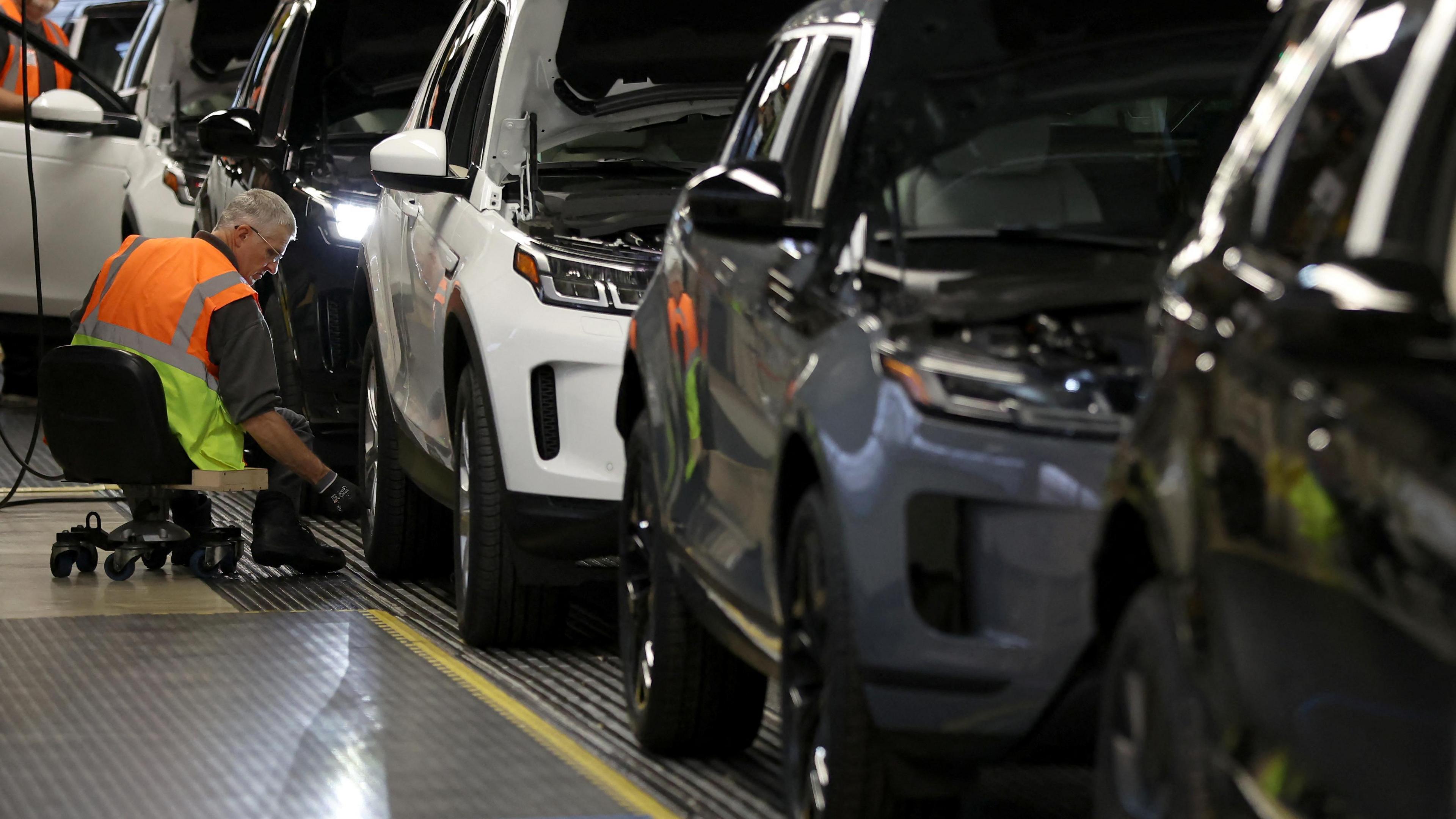
- Published16 August 2023
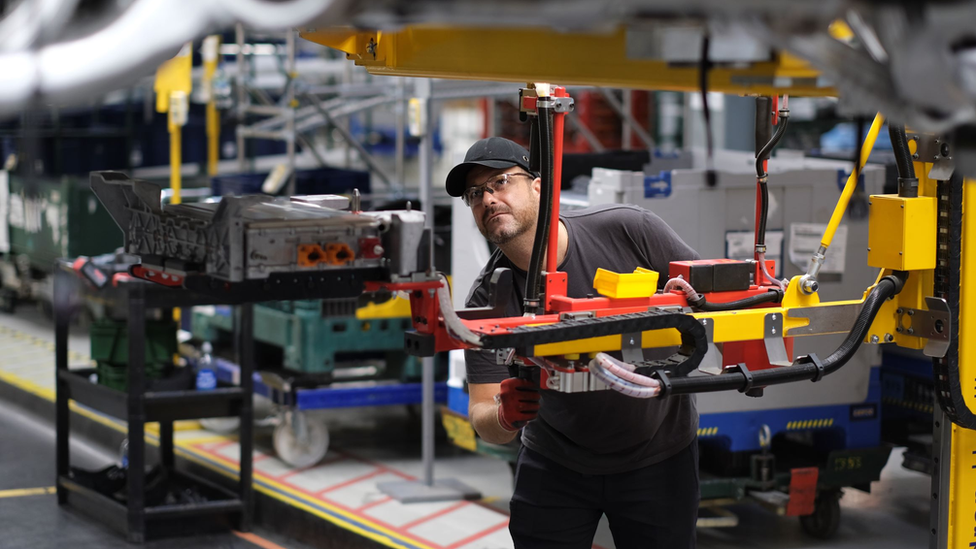
- Published19 July 2023
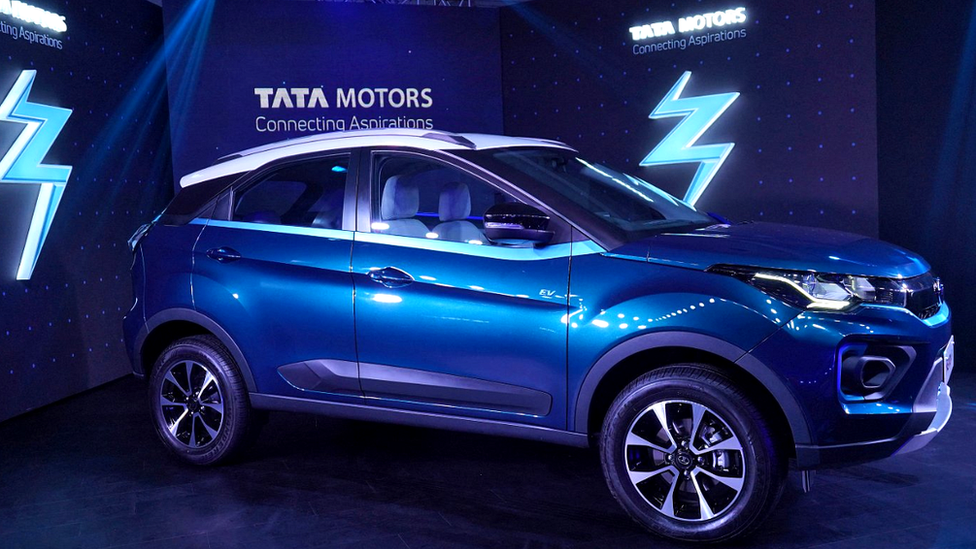
- Published25 November 2022
